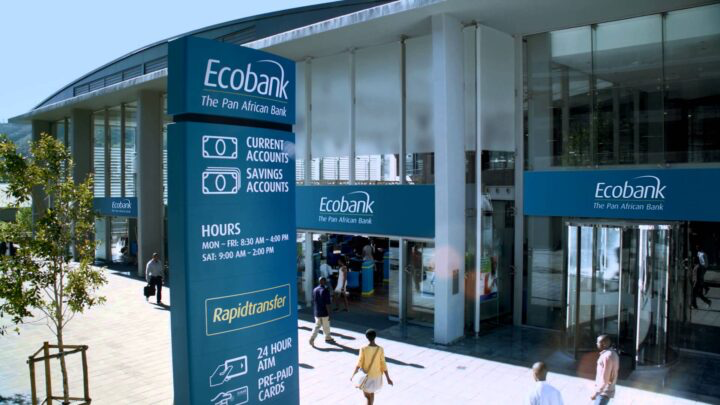A federal high court sitting in Lagos has awarded damages of N72.2 billion to Honeywell Flour Mills (HFMP) Plc in its eight-year legal battles with Ecobank Nigeria.
In a judgment delivered on Tuesday by Justice Mohammed Liman, the court granted all the reliefs sought by Honeywell over the freezing of its accounts by the bank in November 2015.
Ecobank had been granted an ex parte order to freeze Honeywell’s accounts in an attempt to wind up the company over its liabilities to the bank.
The ex parte order was granted with the condition that Ecobank would indemnify Honeywell’s over any losses.
The order was varied by the court of appeal in December 2015, but a dissatisfied Ecobank headed for the supreme court where it also lost.
Honeywell then approached the high court to claim N72.2 billion in damages against Ecobank for the losses it suffered while the freezing order was applied to its accounts.
The claims made by HFMP include losses due to foreign exchange devaluation, interest on unutilised cash balances, loss of revenue, and aggravated and exemplary damages.
In his judgment, Liman granted all reliefs sought by Honeywell.
“The plaintiff was denied the use of funds in his account based on the ex parte order granted in favour of the defendant. It is therefore my firm view that the plaintiff (Honeywell) is entitled to the amount claimed… The argument of the defendant in his written address is therefore not acceptable as the contents of the document are the best evidence and they speak for themselves,” he said.
He frowned upon Ecobanks’s lawyer’s approach, stating that “the purpose of an undertaking to pay damages has been held in a legion of cases to indemnify the party for the losses he may suffer on the bases of an ex parte order. Note that Rule 4 of the Winding Up Rules provides that all applications which affect the rights of parties in a winding-up proceeding must be made on notice.
“The provisions of the winding up rules are very clear and unambiguous. The defendant cannot claim ignorance of this provision as ignorance of the law is no excuse and it is even more inexcusable if it is committed by a lawyer. The ex parte application was therefore made ultra vires.”



